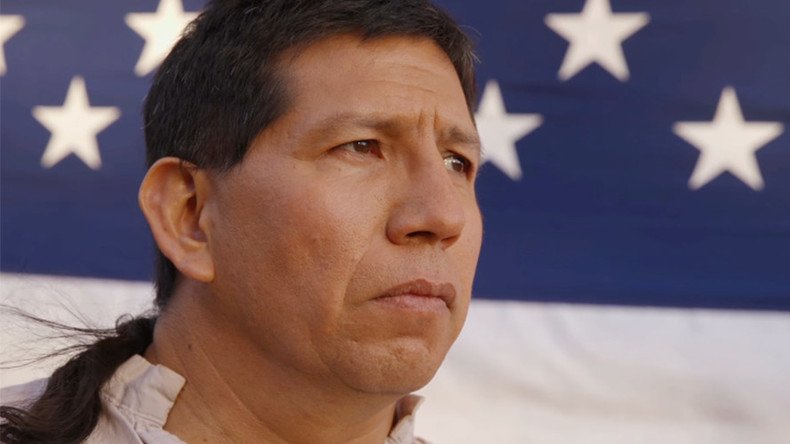Cherokee Nation sues US govt, multiple agencies over trust fund

The Cherokee Nation names the US government and seven agencies in a lawsuit alleging mismanagement and a lack of transparency about the tribe’s trust fund. The tribe claims a lack of accountability has hindered its development.
The Cherokee Nation commemorated the 231st anniversary of the first treaty it signed with the US government by announcing a lawsuit on Monday. The Treaty of Hopewell was signed in 1785 and defined the boundaries of the Cherokee Nation, but like more than 40 other treaties the nation signed with the government, it was not honored.
A video produced by the Cherokee Nation explains that since the Treaty of Hopewell, “the federal government has taken exclusive control over the nation’s resources and that has led to significant problems.”
The problems the lawsuit addresses have to do with the 14 million acres of Cherokee land that was either sold or leased by the government without any documentation of the value or money paid to the government for it. On top of that, there has been no kind of accounting for the resources taken from these lands, such as coal and timber.
"The United States has been and continues to be a black box of information as to the Cherokee Nation's resources," Cherokee Nation Secretary of State Chuck Hoskin, Jr. explained in the video. The lawsuit named no specific monetary amount of damages, but instead places the onus on the government to “make whole, restore, replenish, reconstitute, or repair the Trust Funds wasted, lost, or unaccounted for by the Government.”
Much of the issue seems to be centered around a lack of transparency from the government regarding Cherokee land.
“We don’t know how much coal was taken; we don’t know how much timber was cut. We do know those things had value and the US was paid but we don’t know what was owed to the Cherokees,” Hoskin said, adding: “Our land and resources were not for sale yet they were sold by the US government.”
The lawsuit names the Department of the Interior, the Bureau of Indian Affairs, the Office of Trust Fund Management, the Bureau of Land Management, the Office of Natural Resources Revenue, the Office of the Special Trustee for American Indians and the United States Department of the Treasury, along with the United States of America as defendants.
US to pay largest Native American nation $554 mn in landmark settlement http://t.co/pBgh8Wzsvapic.twitter.com/coolbyWrpJ
— RT America (@RT_America) September 25, 2014
Other tribes have sued and settled with the government in the past for trust fund mismanagement, such as the Cobell v. Babbitt case, where Elouise Cobell, a financial leader of the Blackfeet Confederacy, sued the Department of the Interior and the Department of the Treasury in 1996 for similar reasons. That case was not settled until 2009 for $3.4 billion.
Should the Cherokee Nation get any money from their case, they already have a plan to put it to good use.
"The money we make from any sort of settlement, or that we generate today, goes back into social services like health care, housing, education, many, many types of social services," Cherokee Nation Communication Director Amanda Clinton told KOTV.












